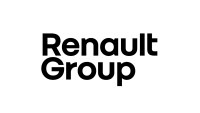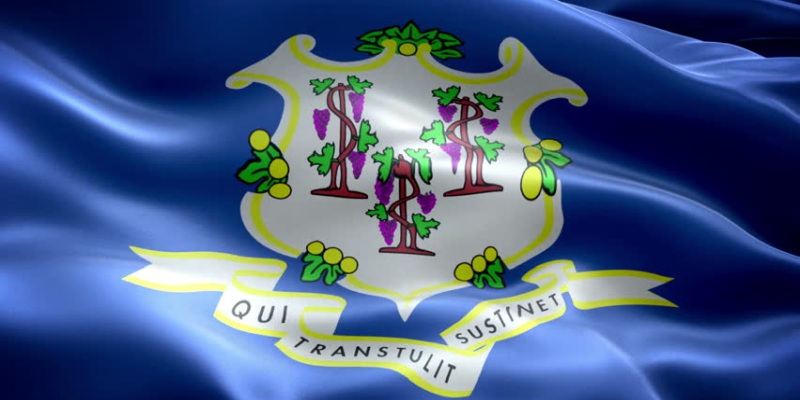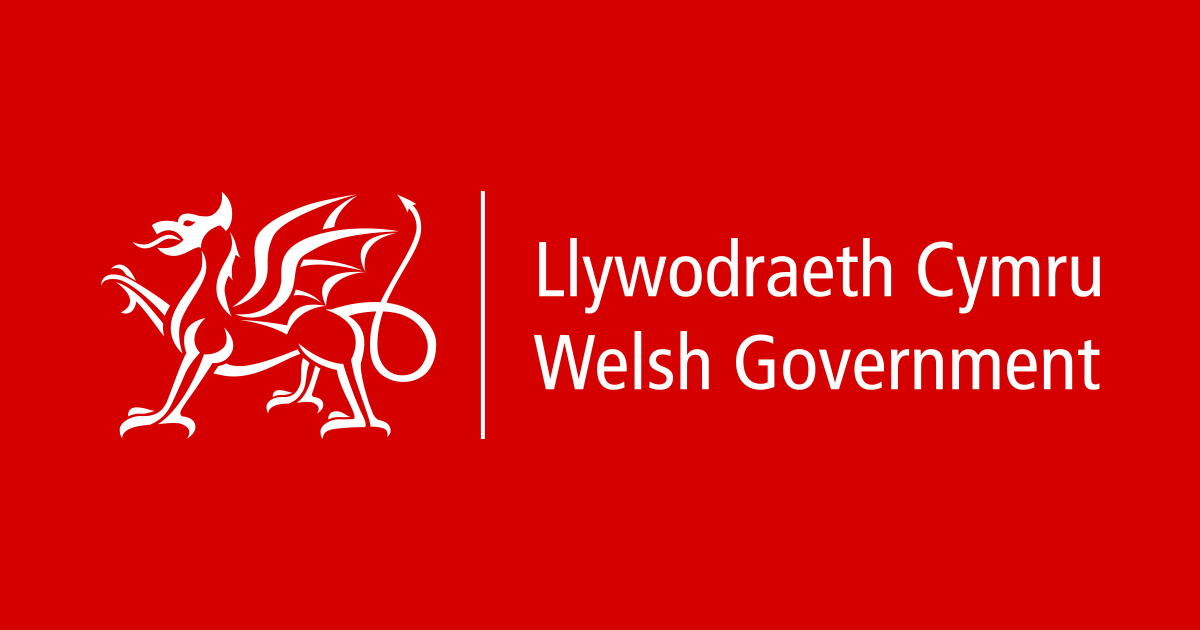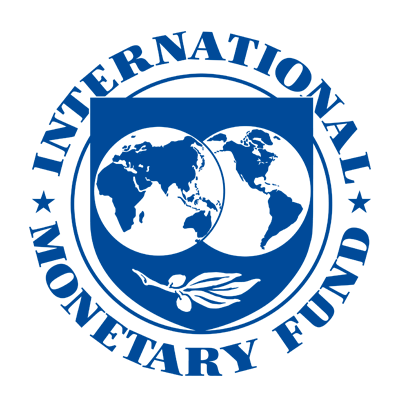- Scott Dylan and David Antrobus allowed £13.9 million to pass through two companies using unauthorised bank overdrafts, with Dylan himself receiving £1.675 million
- The pair’s actions resulted in Barclays Bank freezing the company accounts and demanding repayment
- Dylan and Antrobus subsequently defied freezing injunctions obtained by Barclays, leading to contempt of court proceedings and jail terms for the pair
Two former business associates have been banned for a combined total of 23 years after allowing more than £13.9 million to pass through company bank accounts funded by unauthorised overdrafts.
Scott Dylan, 41, and David Antrobus, 39, opened bank accounts for the two companies in spring 2021 and made millions of pounds in transfers before the accounts were frozen by Barclays Bank.
The pair, both formerly of Wadlow Close, Salford, were subsequently sentenced to prison last year after breaching freezing injunctions.
Dylan, described by the judge as the “driving force”, was disqualified as a company director for 13 years at a hearing of the High Court in London on Thursday 4 December.
Antrobus was banned for 10 years at the same hearing.
Both disqualifications come into effect on Christmas Day and ban the pair from forming, managing or promoting companies without the permission of the court.
Victoria Edgar, Chief Investigator at the Insolvency Service, said:
Scott Dylan and David Antrobus exploited the banking system to allow £13.9 million to move through their companies using unarranged overdrafts, leaving behind insolvencies worth more than £52 million.
Dylan personally received £1.675 million, while nearly €1.8 million was transferred to a family member for what was claimed to be a hotel purchase in Turkey.
The judge regarded their actions as ‘little short of a scam’ and said there was ‘no legitimate purpose’ for the removal of the funds.
These bans mean Dylan and Antrobus cannot run companies for a significant time, protecting the public from directors who abuse their positions.
Antrobus signed bank application forms naming Dylan as the primary contact in March and April 2021 in his role as the official director of Oldcoft Ltd and Old3 Ltd.
The companies were known as FT (OPS) Limited and Fresh Thinking Group Limited at the time of the misconduct.
Three bank accounts were opened in April and May 2021: current accounts for Oldcoft Ltd and Old3 Ltd and a Euro currency account for Oldcoft Ltd.
Between mid-July and late September 2021, Dylan and Antrobus allowed more than £13.9 million to be transferred to the Oldcoft Ltd current account from 10 connected companies.
The money was funded through unarranged overdrafts with Barclays.
During the same period, payments of more than £11.7 million were made from Oldcoft Ltd’s current account.
Dylan himself received £1.675 million, more than £7.4 million was transferred to Old3 Ltd’s account, and at least £1.545 million was transferred to other connected companies.
In August 2021, an unarranged overdraft on the Euro account was used to fund 37 transfers totalling €1.795 million to a family member.
Oldcoft Ltd’s liquidators were unable to find any evidence to support Dylan’s explanation that the money was used to purchase a hotel in Turkey.
Barclays secured freezing orders for the accounts on 24 September 2021, asking Dylan and Antrobus to explain why the transfers had been made and where the money had gone.
Within a fortnight, Barclays demanded repayment.
However, the 10 connected companies entered provisional liquidation in November 2021, Oldcoft Ltd was wound-up in January 2022 owing an estimated £44 million, including £13.7 million to Barclays, and Old3 Ltd entered administration in April 2022 with an estimated deficiency of £8.2 million.
Both Dylan and Antrobus breached the freezing orders by transferring an entire group of companies to two companies in the British Virgin Islands without informing Barclays.
Dylan was sentenced to 22 months in prison in October 2024 for contempt of court for breaching the court orders.
Antrobus was sentenced to the same period in his absence, with a warrant of committal issued for his arrest and transfer to prison.
Dylan should not have been acting as a company director during this period as he had given an undertaking to the court in September 2019 while disqualification proceedings were ongoing in relation to his conduct at a separate company, SDRW Limited.
The proceedings only concluded in September 2025, with Dylan disqualified for eight years after he acted as a director while bankrupt at SDRW Limited between July 2013 and July 2015.
Antrobus, who also failed to maintain and deliver accounting records for Oldcoft Ltd to the liquidator, was declared bankrupt in August 2025.






